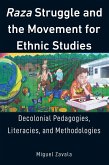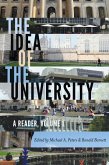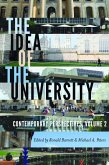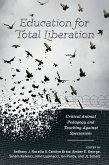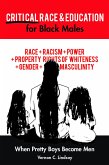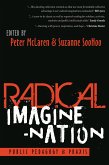Joe L. Kincheloe (1950-2008) was one of North America's leading critical pedagogy scholars. He defined post-formalist thought in terms of deconstruction, affectivity, and non-linearity. His deconstruction focused on the context of ideas, ideologies, and teaching. It was a form of sociological deconstruction, and as such, inspired by Derrida, but different from him as well. In effect, Kincheloe was trying to marry Derrida to Foucault by making deconstruction see power in thought, relationships, and the world. Kincheloe's 'turn to affect' was inspired by feminism and radical pedagogy. It was 'affect' focused on (in)justice and the social practices of repression. His 'self-other' construct was inherently politicized by his identification of 'unfreedom' with capitalism and the assumption that this link determines affect. Kincheloe assumed that linear rationality was inadequate to understanding human needs and hopes. Freedom as dynamism was seen to be inherently non-linear. The prison of rationality (it can only repeat the same, over and over again) was the crux of his critique of Newtonian-Cartesian linearity. Kincheloe attempted to construct a concept of 'place'-such as the classroom. But it was a particular, concrete classroom and not an abstract or theoretical one. Here, the three concepts could come together. 'Place' is context, and to understand it, deconstruction is needed. 'Place' exists as it is felt and requires affectivity; it is eventful, alive, and dynamic. It requires non-linearity to be understood. Post-formalism, Pedagogy Lives (in memory of Kincheloe's contribution) encompasses each of the basic principles of Kincheloe's post-formal thought.
Dieser Download kann aus rechtlichen Gründen nur mit Rechnungsadresse in A, D ausgeliefert werden.
"«Post-formalism, Pedagogy Lives» builds on the work of Joe Kincheloe and extends his educational and political insights into the twenty-first century. In this book a range of writers have addressed the promise of critical pedagogy and post-formalism in a way that will inspire and energize anyone concerned with pedagogy's crucial relationship to matters of politics, power, agency, and hope. This is an important book that should be read by everyone concerned about the state and future of post-formalism and its connection to critical pedagogy." Henry A. Giroux




